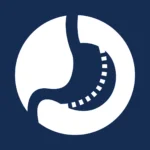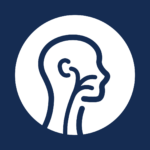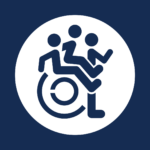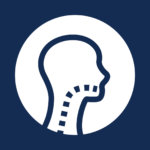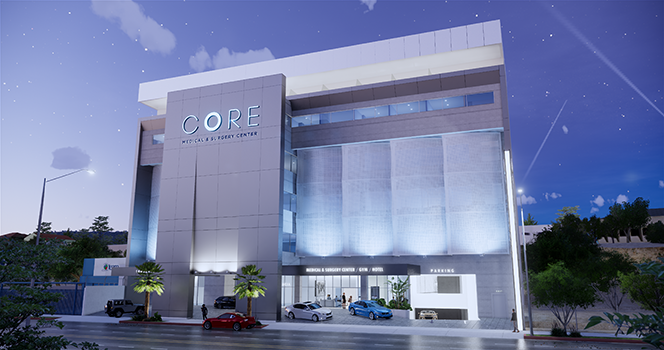
PTSD and Depression Management
PTSD Management
- PTSD (short for post-traumatic stress disorder) is classified as a psychiatric disorder that can occur in people who have experienced or witnessed a traumatic event such as a natural disaster, a serious accident, a terrorist act, war/combat, rape, or other violent incidents. Additionally, PTSD can result from emotional or physical abuse and pain over time. Sadly, PTSD is now more common than ever, with 7 or 8 out of 100 people experiencing PTSD at some point in their lives. In any given year, approximately 8 million adults (in the US) are diagnosed with PTSD.

- At BioReset® Medical, we use minimally invasive modalities such as the Stellate Ganglion Block (SGB) and ketamine therapy to address clients’ PTSD. SGB, for example, works by injecting a local anesthetic deep into a cluster of nerves in the neck called the stellate ganglion. These nerves help control the brain’s fight or flight reactions, signals that go haywire with PTSD. When the anesthetic is injected, it turns off the sympathetic (fight or flight) nervous system. The physical effects of the injection, conducted under ultrasound guidance, pass through the body in less than a day. However, the procedure’s benefits can alleviate PTSD symptoms for up to 6 months (and sometimes longer). BioReset® Medical also recognizes that therapies such as SGB are just one aspect of an effective, comprehensive PTSD recovery program.
Anxiety/Depression Management
- According to the American Psychiatric Association, Anxiety disorders are the most common mental disorder. Anxiety disorders affect almost 30% of adults at some point in their lives. The different anxiety disorders include generalized anxiety, social anxiety disorders, agoraphobia, panic disorders, separation anxiety disorders, and other specific phobias. Researchers believe that genetics and environmental factors can play a part in whether someone develops an anxiety disorder.
- The American Psychiatric Association notes that depression can affect approximately 1 in 15 adults a year and that 1 in 6 people may experience depression at some point in their life. Additionally, women appear to be more likely to suffer from depression than men. Genetics, environmental factors, trauma, and other issues can increase a person’s risk of developing depression.
- At BioReset® Medical, we utilize modalities such as ketamine therapy and the Stellate Ganglion Block (SGB) to help bring relief to a patient’s depression. These are both minimally invasive therapies that can be an alternative to the use of traditional pharmaceuticals.
Stellate Ganglion Blocks and Other Advanced Anesthesia Nerve Blocks
- The stellate ganglion block is an injection into a cluster of nerves in the neck called the stellate ganglion that uses numbing medicine to turn off the fight or flight nerves on one side of the body for about six or seven hours. Doing so resets the part of the brain called the amygdala, which is the fight or flight control center. The amygdala can get stuck in overdrive, causing the adrenal glands to produce epinephrine into the bloodstream. When we turn the fight or flight nerves off, it calms everything down and forces the brain to use different nerve pathways. The physical effects of the injection, conducted under ultrasound guidance, pass through the body in less than a day. However, the procedure’s benefits can alleviate PTSD symptoms for up to 6 months (and sometimes longer).
Our Advanced Facility
When you choose CORE Medical & Surgery Center, you gain access to a state-of-the-art facility including surgical suites, well-equipped patient rooms, a gym, pharmacy and even an on-site restaurant.






